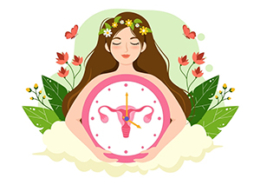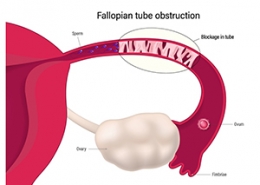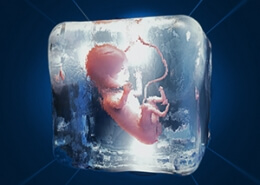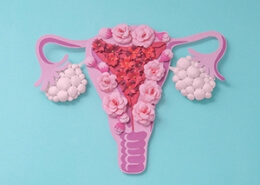Treatment of infertility with stem cells
Nowadays, with the advancement of science and technology, there are many ways to treat infertility. Medical drug treatments and assisted reproductive techniques such as IUI, IVF, ICSI, etc. are standard infertility treatment methods in many medical centers worldwide. In recent years, with the expansion of research in cell therapy, significant successes have been achieved in the treatment of infertility using stem cells. The United States, India, and Iran are pioneers in the treatment of infertility using menstrual blood stem cells. This new method can help maintain fertility in women whose egg quality and number are reduced or who are at risk for premature menopause. If you are prone to premature menopause, or you do not get pregnant due to the low quality of the eggs, join us in this article.
What are Stem Cells?
Stem cells are a type of cell in the body that can grow into about 200 different types of cells. These cells have high proliferative power and with the proper conditions can become specialized cell types and repair damaged tissues. Stem cells are usually obtained from a variety of sources, including the fetus, umbilical cord blood, bone marrow, peripheral blood, and adipose tissue.
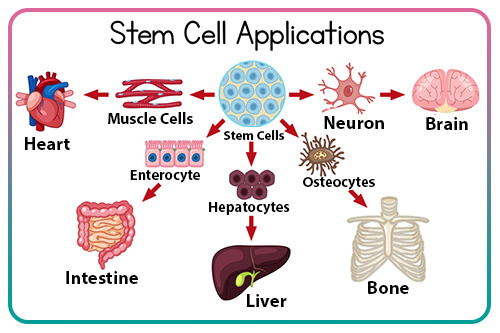
What is cell therapy?
Cell therapy is a type of treatment in which stem cells are used to cure a wide range of diseases. In this treatment, stem cells are injected into the patient to replace the damaged cells and reduce the severity of the disease. Nowadays, cell therapy is used to treat blood diseases, cancers, liver diseases, neurological diseases, heart diseases, and infertility. In recent years, stem cell infertility treatment has been a new method that has created new hopes in infertile couples.
How is infertility treated with stem cells?
In recent years, the use of menstrual blood stem cells has revolutionized the treatment of infertility. In the past years, it was believed that every woman would be born with all her eggs and would not be able to produce more eggs after birth. But scientific findings show that stem cells in the ovaries can produce new eggs during the reproductive years. Cell therapy studies also show that injecting stem cells into the ovaries at reproductive age can help mature and increase egg production.
For infertility treatment using cell therapy; Stem cells must first be collected and propagated in a special laboratory. Menstrual blood is one of the most important sources of stem cells. The ability to reproduce and repair damaged tissue, the ability to repeat sampling on a monthly basis, the need for no drug to stimulate stem cell production, and easy, painless sampling are some benefits of menstrual blood for stem cell extraction.
In the next step, the proliferating cells are injected into the ovaries to aid in the production and maturation of the eggs. The use of stem cells, in addition to increasing the number and quality of mature eggs, also increases the thickness of the uterine wall (endometrium). Increasing the thickness of the endometrium improves the implantation conditions of the fetus and increases the chances of a normal pregnancy. Studies conducted in the best infertility treatment centers in Iran show that the probability of a normal pregnancy 2 to 3 months after stem cell injection increases by about 26%.
In addition to increasing the likelihood of a normal pregnancy, cell therapy also increases the chances of success of infertility treatments such as IVF and ICSI. Scientific studies show that the fertility rate increases by about 46% after stem cell injection.
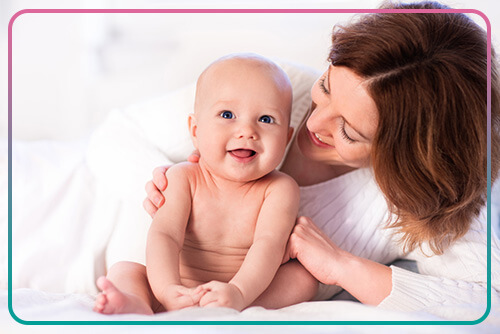
Menstrual blood stem cells can be maintained for up to 10 years. Therefore, it is recommended that young women store menstrual blood stem cells to maintain their fertility so that they can use its benefits to improve egg quality at an older age.
Who can use cell therapy to treat infertility?
The use of menstrual blood stem cells for the treatment of infertility is effective and productive only in the reproductive ages. Therefore, women between the ages of 20 and 45 can use this treatment. Research shows that post-menopausal cell therapy has no effect.
Stem cell injections can cause damage in cases where the uterus and ovaries are not in a normal condition. Therefore, before cell therapy, the condition of the uterus and ovaries should be examined for endometriosis, cysts, etc. Only women who have normal uterus and ovaries can use cell therapy to treat their infertility problems.
Extraction of stem cells from a menstrual blood sample is possible when the sample is free of infection. Therefore, before giving the sample, all infectious tests such as HIV, HBS Ag, HCV, VDRL, etc. should be negative.
What people cannot use cell therapy to treat infertility?
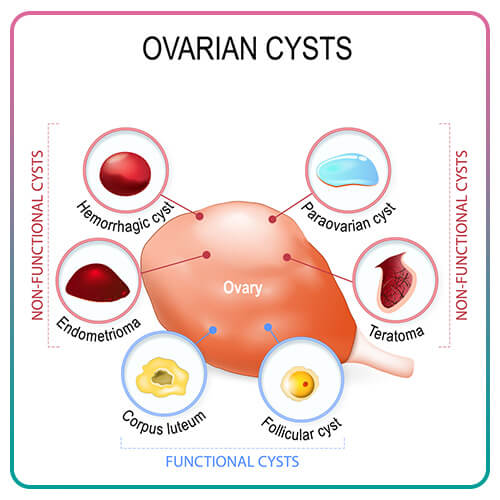
Not all people are eligible for cell therapy. Some of the things that cannot be used for stem cells to treat infertility are:
- People who smoke
- People with vaginal infections
- People with a history of endometriosis
- People with ovarian cysts
- People who have a history of malignant tumors and cancer
- People with the hepatitis virus, AIDS, and syphilis
- People with allergic diseases
- People with neurological diseases
- People with metabolic diseases such as diabetes and thyroid
Stem cell infertility treatment in Iran
Aging, unhealthy lifestyle, and genetics are the most important factors affecting the number and quality of eggs. In cases where infertility occurs due to a decrease in the quality or number of eggs, paying attention to ways to improve egg quality can help increase fertility. But in cases where the decrease in the quality of eggs is severe, the only way to get pregnant is to use donor eggs for IVF. However, many infertile couples want to conceive with their egg. Stem cell infertility treatment is a new method that has created new hopes for infertile couples in recent years.
Iran is one of the leading countries in the research and use of stem cells for infertility treatment. Cell therapy in the best infertility treatment centers in Iran increases the fertility rate in the age group of 20 to 40 years by 46%. In addition to Iranian couples, foreign couples can also use stem cell infertility treatment services in Iran. The cost of cell therapy for infertility treatment in Iran is about $4,500 to $5,000.
Contact us for more information on stem cell infertility treatment.



